CES Las Vegas 2024: Why 8K filmmakers say the TVs might not pop off just yet
Is it time to fork out for a new, shiny 8K TV? Filmmakers say not yet, but there are a couple of other surprising reasons involving AI that might justify it.
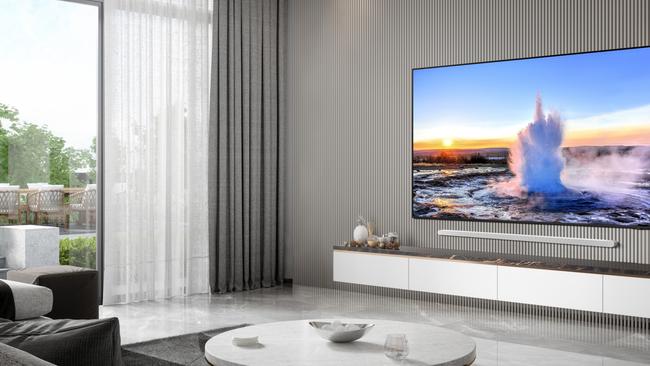
While 8K televisions have turned many heads at CES this week, some involved in the production of 8K films say forking out large sums for a compatible TV is still hard to justify in the current market.
Pawel Achtel, an immersive cinematographer who has worked on the likes of Avatar, is one who’s yet to see the value for the average consumer despite the majority of his work and income coming from the field of 8K and giant screens.
“The perspective that I’m going to present today is probably going to surprise: (with 8K) it’s a game changer but it’s not a better game... it’s a different ball game,” he told The Australian at a Samsung roundtable at CES.
He went on to explain that with a higher resolution screen, the human eye required more time to digest a scene and most films weren’t shot that way.

“8K provides us an enormous amount of detail and our eyes need to absorb that which means they need more time,” he said.
In order to give the consumer more time, storytelling needed to be done in a different way, prioritising longer shots, from 10 seconds to as much as 20 seconds, he said.
For that reason, the style of shooting didn’t work for Hollywood, which Mr Achtel said had no plans to jump aboard the 8K bandwagon anytime soon.
TV and audio take up a large chunk of the Las Vegas trade show each January, and the technology presented is often flashy and sometimes without purpose.
One of the main themes in 2024 has been on transparent TVs. Those are models that a person can see through directly, appearing as a regular window. They are clear on just one side, however, as the micro LED technology is visible from the other.
Some manufacturers have been frank about the technology, with LG admitting transparent TVs, including a model it plans to bring to Australia later this year, won’t deliver performance on par with their OLED range.
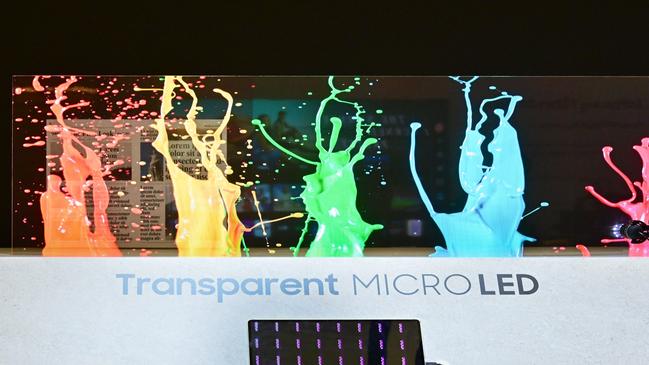
LG sees opportunity in a commercial setting, also delivering a transparent TV that includes a touch screen.
During a briefing, LG said its new transparent TV would not feature the same level of picture quality as its C and G series models but would be better than its first OLED range launched a decade ago. It is expected to be launched in Australia later this year, although pricing is yet to be determined.
Samsung isn’t yet confident consumers will take to the technology, with the company yet to bring a transparent TV to market, however a transparent TV concept was one of the company’s main displays at CES.
The company’s Australian head of consumer Jeremy Senior had similar ideas to LG, adding the technology wasn’t yet at a stage where there was major consumer demand or need.
Manufacturers seem privy to Mr Achtel’s arguments on 8K, with many advancing the processors in 8K TVs, allowing real-time content manipulation.
Dr Tien Cheng Bau, an image and algorithm specialist also at the Samsung TV roundtable, demoed how the processor of a Samsung Neo QLED 8K could render the quality of older films.
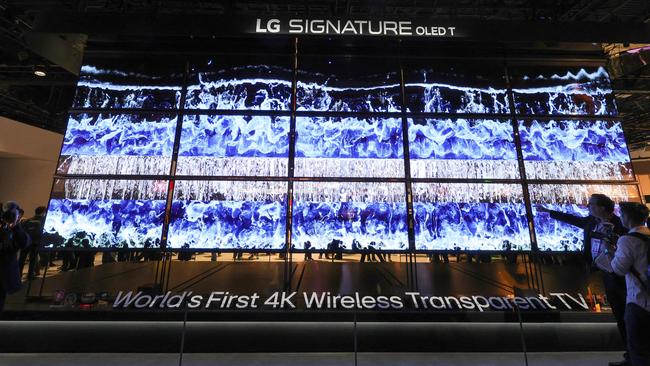
The technology presented showed a significant difference, with some films shot in 720P made to look almost new with the technology.
The ability to sharpen and brighten the image of older films was thanks to AI, Dr Bau said. “AI is trying to recognise what the item is and correct it. It is trying to make it look more natural,” he said.
The technology had been designed to minimise error, with Dr Bau adding that the amount of image correction it proved was based on the AI’s confidence in its recognition of an image. “Detection is based on how confident the chip is that it has the item correct. If it lacks confidence in its detection, only minor effects occur,” he said.
Mr Achtel said purchasing an 8K TV wasn’t necessarily a bad investment, just one that might not be a fit for everyone. Those who enjoyed nature and had access to 8K content would enjoy the quality.
“I think consumers should get excited about 8K but not as a direct replacement of 4K or 2K TVs,“ he said.
*The authors were guests of Samsung and Hisense in Las Vegas.



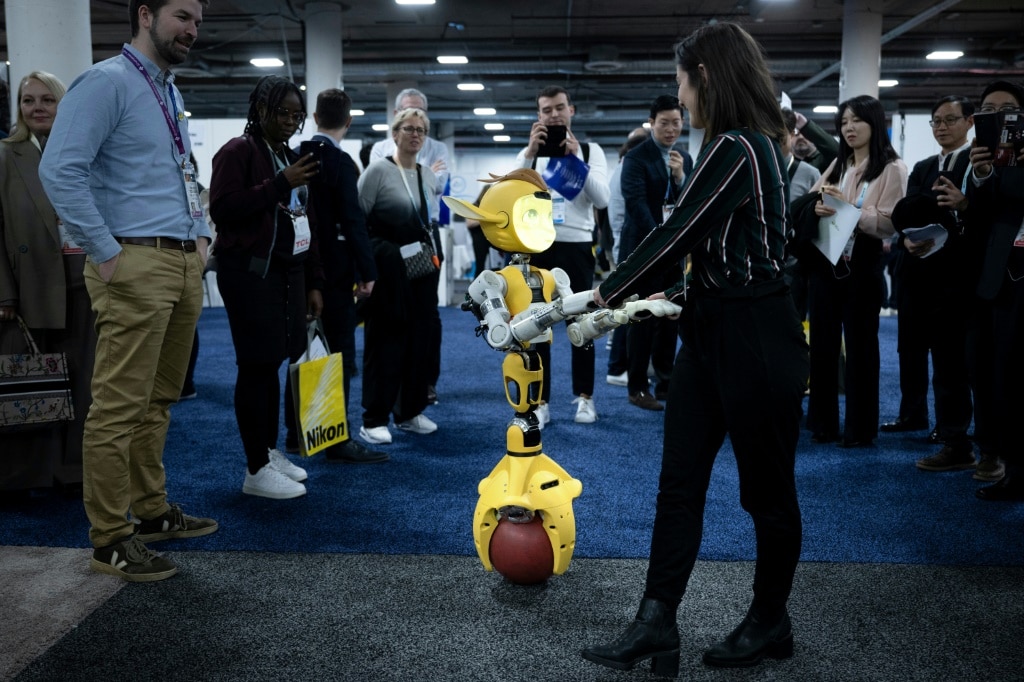
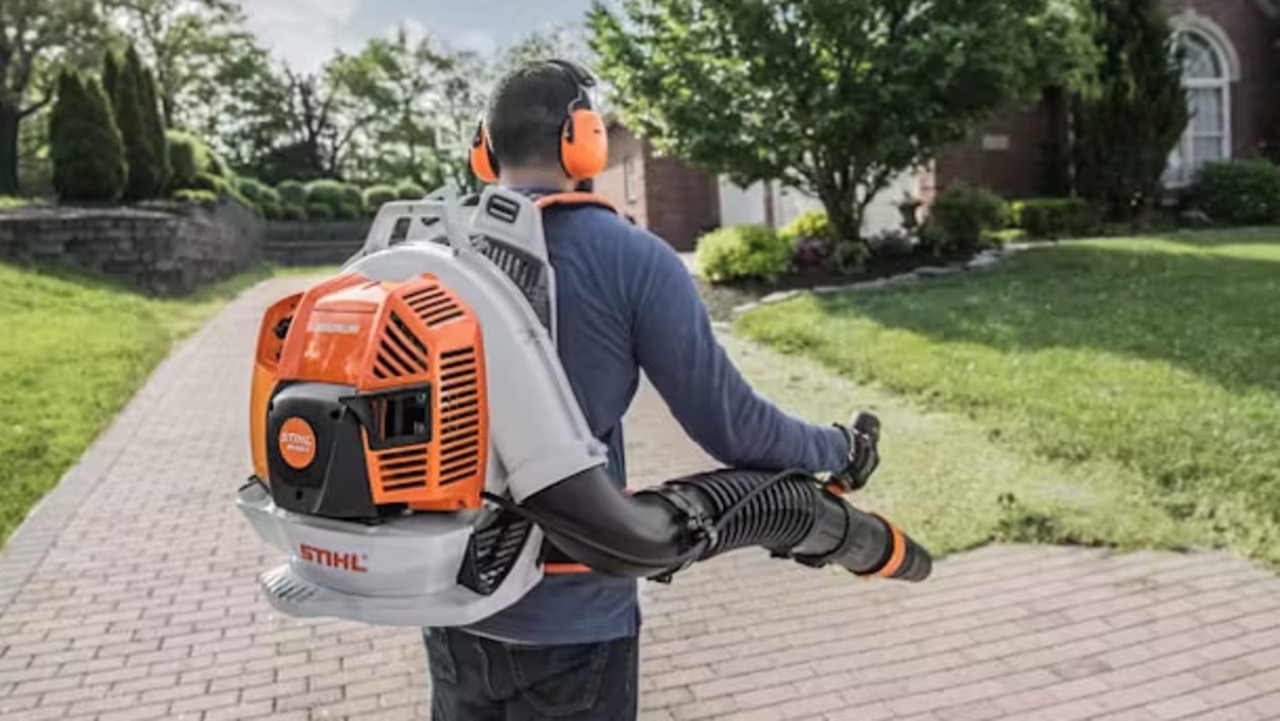
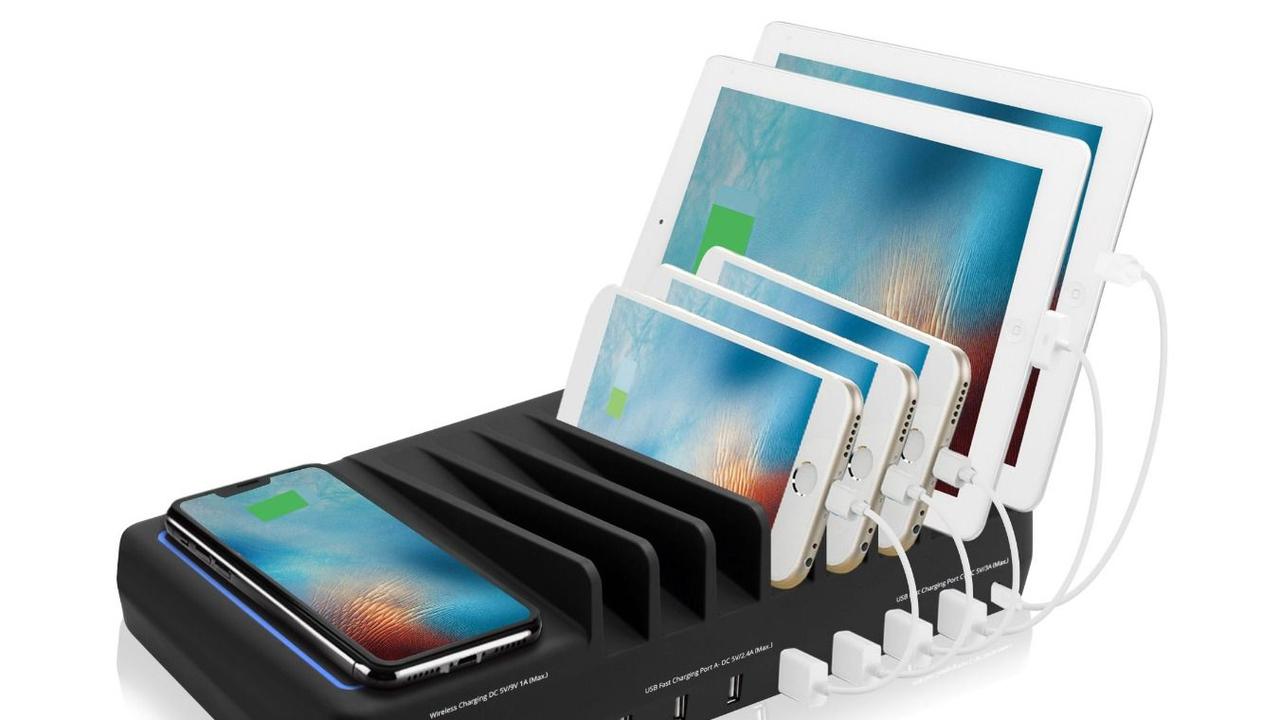
To join the conversation, please log in. Don't have an account? Register
Join the conversation, you are commenting as Logout